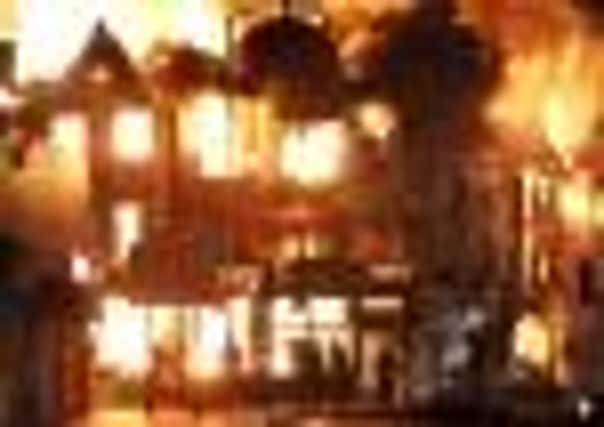Riots affect sport but when did sport spark trouble?


With Andrew Strauss’s England side vowing to continue their Test series against India in the hope of boosting the nation’s morale, it might be easy to see cricket as a refreshing throwback to a more genteel era.
However, those viewing cricket as a pastoral antidote to contemporary chaos would do well to remember the final Test of the 1970-71 Ashes series.
Advertisement
Hide AdAdvertisement
Hide AdJohn Snow, easily the most menacing fast bowler of Ray Illingworth’s touring party, felled Australian tail ender Terry Jenner with a vicious bouncer and madness erupted at the Sydney Cricket Ground.
With bottles raining down from the stands and Australian spectators attempting to grab the fielding Snow, Illingworth decided to lead his team from the field. The match was eventually resumed, with 14 arrests made in the aftermath.
While the Australian public are well known for their passion for sport, the reaction in Buenos Aires to River Plate’s recent relegation from the Argentinian Primera Division puts the SCG disturbance firmly in the shade.
Following the 1-1 home draw against Belgrano which condemned Argentina’s most successful club to the first relegation in its history, riots began in the Estadio Monumental and quickly spread across the capital. More than 70 people were hospitalised and numerous cars burnt out in the disorder.
Advertisement
Hide AdAdvertisement
Hide AdDespite this, the most startling reaction to a football match in Latin America came in 1969 when the armed forces of El Salvador and Honduras clashed in the aftermath of a World Cup Qualifying Play-off.
After fighting between fans in earlier group games, El Salvador snatched a dramatic extra-time winner in Mexico City, which incensed their nearby rivals.
The conflict itself only lasted four days, but claimed the lives of around 3,000 people, as well displacing some 300,000 Salvadoran citizens.
Although the reasons behind the war stemmed from long-standing territorial disputes between the two nations, the manner in which it was triggered remains startling.
Advertisement
Hide AdAdvertisement
Hide AdIn North America, meanwhile, fans of the Vancouver Canucks have rioted on two separate occasions after defeats in ice hockey’s Stanley Cup. While the Canucks enjoy the best regular-season record in the NHL, they have yet to win the Stanley Cup after 40 years of trying and their fans’ frustations boiled over in 1994 and earlier this year.
The recent riots, which followed a shock 4-0 series defeat at the hands of the Boston Bruins, were particularly fierce, with cars flipped and 101 arrests made.
Though the recent raft of cancelled and rescheduled fixtures proves that civil disorder can disrupt sports, these extraordinary cases show that the emotions surrounding sport itself can spark pandemonium all of its own.